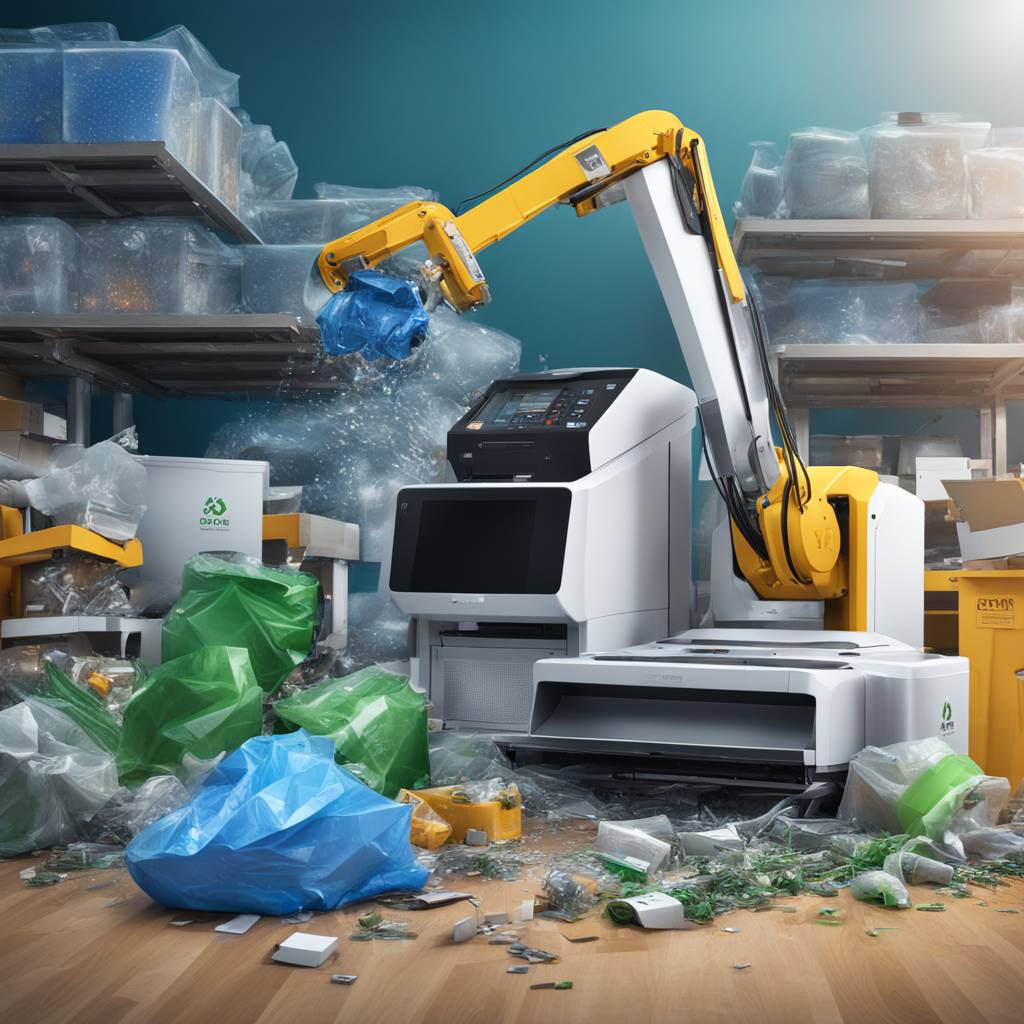Sviat Dulianinov, the Chief Strategy Officer at Bright Machines, discusses the challenges faced by data centers in managing the growing amount of electronic waste (e-waste) generated by the rapid turnover of servers and related equipment every two to five years. This unprecedented demand for AI infrastructure is driving the need for more sustainable solutions for recycling and reusing server components. Companies like Microsoft, AWS, and Iron Mountain are already implementing circular manufacturing processes to better manage the end-of-life of their servers and data center equipment.
The production of servers is expected to reach around 15 million units this year, with the demand for AI servers accounting for a significant portion of that number. Foxconn estimates that sales of AI servers will reach $150 billion by 2027, indicating a massive opportunity for automated disassembly in the recycling process. While companies are turning to robotics for automated assembly to meet production requirements, integrating software-driven disassembly into operations or outsourcing this process can help reduce waste and improve sustainability in the industry.
Manual recycling methods currently used for e-waste disassembly are inefficient, unsafe, and often fail to recover all usable components. This poses risks to workers and the environment, as precious metals and valuable materials are lost when servers are not properly broken down. However, big tech companies are already leading the way in implementing circular recycling programs to achieve zero waste goals. Automation and software-driven disassembly lines offer a faster, more precise, and more secure method for extracting maximum value from end-of-life servers while also ensuring data security.
Automated server recycling not only reduces e-waste and hazardous materials in landfills but also provides valuable data for future design decisions and continuous improvement processes. By extending the lifespan of components through refurbishment or recycling, companies can meet their sustainability goals and support a circular manufacturing process. Automation solutions providers are playing a vital role in paving the way for a more sustainable and efficient approach to managing the growing amount of electronic waste in the tech industry.
As the demand for AI infrastructure continues to grow, the need for more sustainable solutions for recycling and reusing server components becomes increasingly urgent. By implementing automated disassembly processes, companies can reduce waste, improve sustainability, and meet their environmental goals. The adoption of circular manufacturing practices and automation in recycling programs can help address the challenges faced by the tech industry in managing e-waste and ensuring a more sustainable future.













